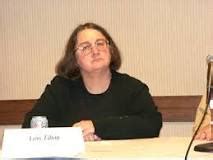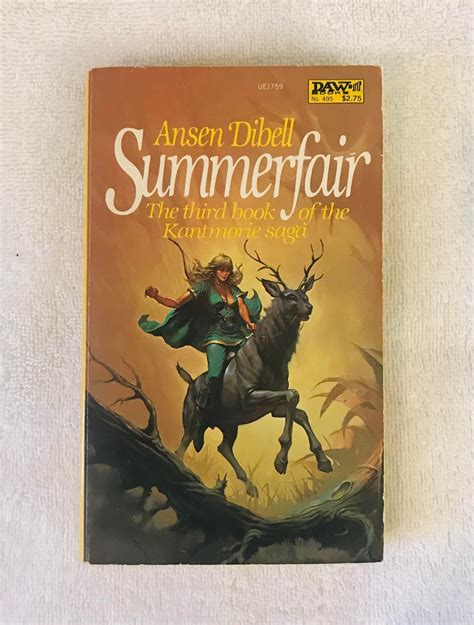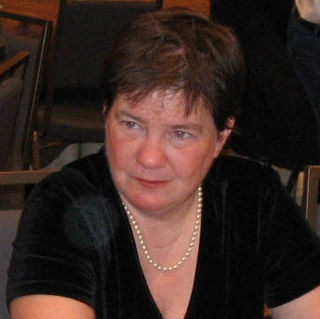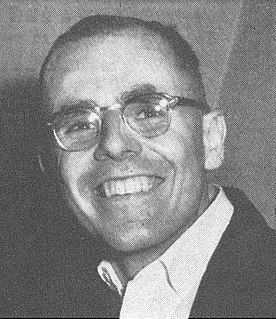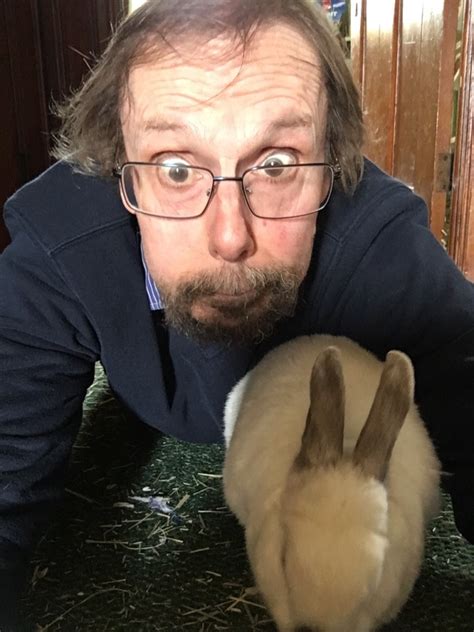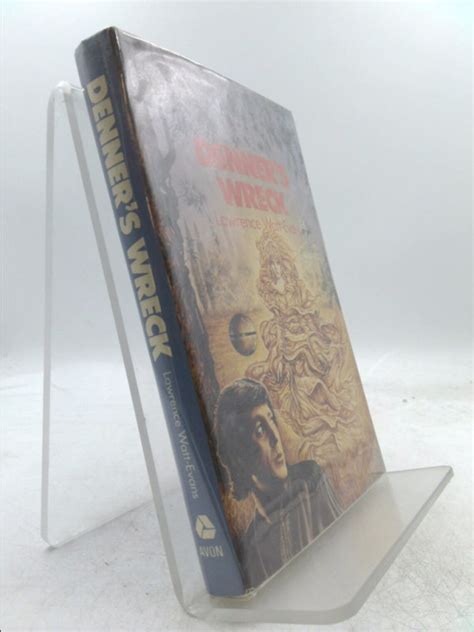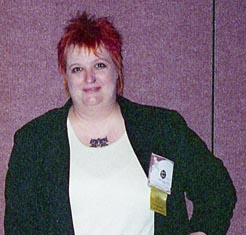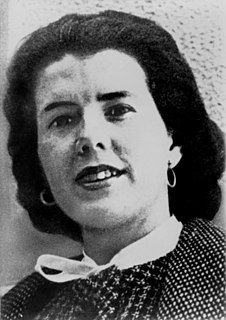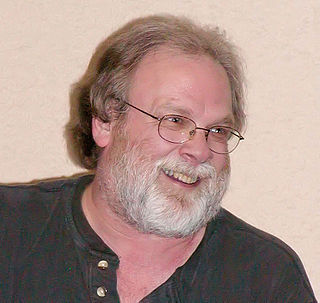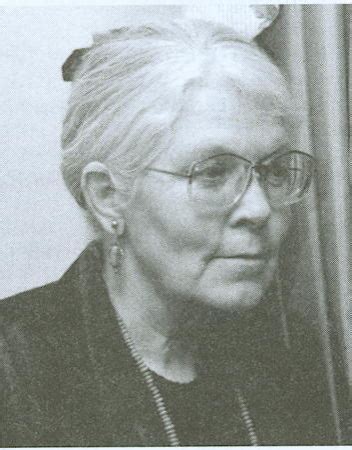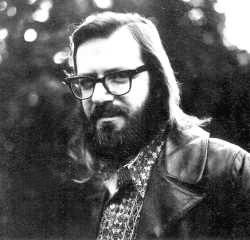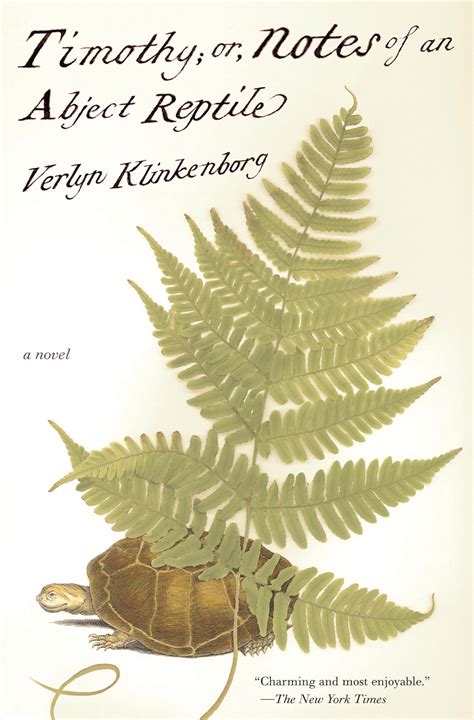A Quote by Lois Tilton
Time seemed to suspend itself, or cease altogether. Place faded away. There was only her self, the centre that endured through all times, all events, from the world, from its pain. Timeless, eternal.
Related Quotes
Sharp knives seemed to cut her delicate feet, yet she hardly felt them, so deep was the pain in her heart. She could not forget that this was the last night she would ever see the one for whom she had left her home and family, had given up her beautiful voice, and had day by day endured unending torment, of which he knew nothing at all. An eternal night awaited her.
She sat down on one of her grandmother's uncomfortable armchairs, and the cat sprang up into her lap and made itself comfortable. The light that came through the picture window was daylight, real golden late-afternoon daylight, not a white mist light. The sky was a robin's-egg blue, and Coraline could see trees and, beyond the trees, green hills, which faded on the horizon into purples and grays. The sky had never seemed so sky, the world had never seemed so world ... Nothing, she thought, had ever been so interesting.
What exists in truth is the Self alone. The world, the individual soul and God are appearances in it. Like silver in mother-of-pearl, these three appear at the same time and disappear at the same time. The Self is that where there is absolutely no 'I thought'. That is called 'Stillness'. The Self itself is the world; the Self itself is 'I'; the Self itself is God; all is Siva, the Self.
She expected the pain, when it came. But she gasped at its sharpness; it was not like any pain she had felt before. He kissed her and slowed and would have stopped. But she laughed, and said that this one time she would consent to hurt, and bleed, at his touch. He smiled into her neck and kissed her again and she moved with him through the pain. The pain became a warmth that grew. Grew, and stopped her breath. And took her breath and her pain and her mind away from her body, so that there was nothing but her body and his body and the light and fire they made together.
What's the difference between bulimics and anorexics?" I ask. "Anorexics are anorexics all the time," she says, "I'm only bulimic when I'm throwing up." Wow. She sounds just like my dad! "I'm only an alcoholic when I get drunk." There are all kinds of addicts, I guess. We all have pain. And we all look for ways to make the pain go away. Penelope gorges on her pain and then throws it up and flushes it away. My dad drinks his pain away. (107)
The church has lost her testimony. She has no longer anything to say to the world. Her once robust shout of assurance has faded away to an apologetic whisper. She who one time went out to declare now goes out to inquire. Her dogmatic declaration has become a respectful suggestion, a word of religious advice, given with the understanding that it is after all only an opinion and not meant to sound bigoted. Pure Christianity, instead of being shaped by its culture, actually stands in sharp opposition to it.
It's the self that suffers, and there's a place where the self--ceases. I don't know how to say it. But I believe that the reality--the truth that I recognize in suffering as I don't in comfort and happiness--that the reality of pain is not pain. If you can get through it. If you can endure it all the way.
The telling of stories, like singing and praying, would seem to be an almost ceremonial act, an ancient and necessary mode of speech that tends the earthly rootedness of human language. For narrated events always happen somewhere. And for an oral culture, that location is never merely incidental to those occurrences. The events belong, as it were, to the place, and to tell the story of those events is to let the place itself speak through the telling.
A particular place in the land is never, for an oral culture, just a passive or inert setting for the human events that occur there. It is an active participant in those occurrences. Indeed, by virtue of its underlying and enveloping presence, the place may even be felt to be the source, the primary power that expresses itself through the various events that unfold there.
